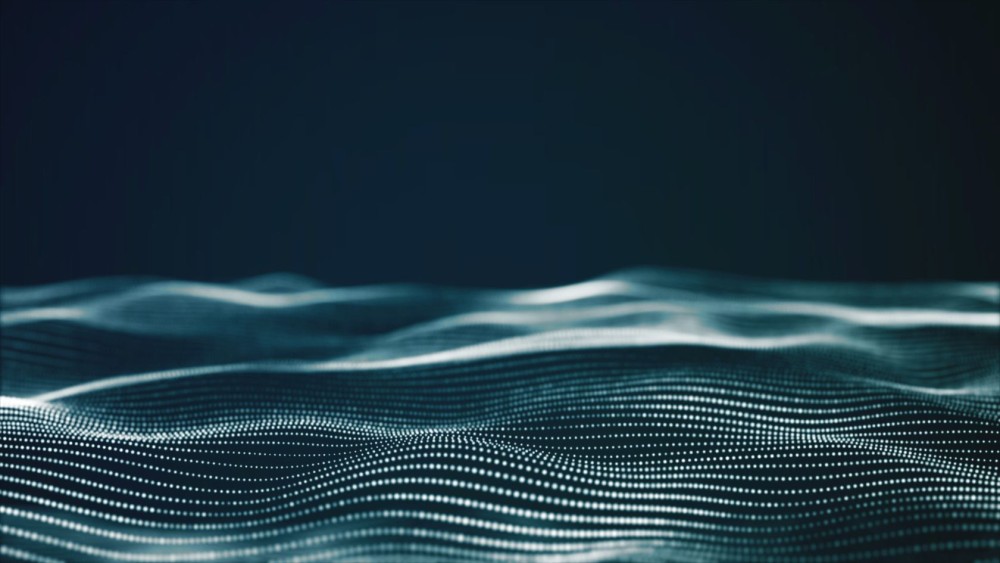Through VLIZ, the Flemish government invested half a million euros in the development of an underwater sound library for the North Sea. With these resources, VLIZ aims to achieve the automatic recognition of natural and human sound sources at sea in the short term. This knowledge and these tools are essential for offshore security and numerous AI-based research initiatives. Flemish Minister for Science Jo Brouns: “I am pleased that through VLIZ, we have acquired the knowledge required to conduct this type of relevant research. AI applications are important for the realisation of scientific breakthroughs, especially in the field of underwater sound and coastal security.”
The rapid development of the blue economy has resulted in a significant growth of the strategic infrastructure at sea. However, offshore wind farms, aquaculture structures, communication and power cables, etc. create new challenges in terms of security. A new offshore security market is currently emerging, and Flanders has the necessary assets to gain a share of this market. One of the crucial offshore security technologies is the automatic recognition and classification of underwater sources of sound.

Water conducts sound four times better than air. Underwater sound can have a natural or human cause. The short-term objective is to achieve the automatic recognition of various sound sources by means of artificial intelligence (AI). This requires a science-based library of acoustic signatures characteristic of a specific sound source in a particular environment. The North Sea creates additional challenges in this respect. The shallow depth results in reflections and highly variable sound propagation. In addition, it includes busy shipping routes with a wide range of human sound sources. An ‘underwater sound library’ is an essential step in the development of innovative, automated applications and the facilitation of new research by means of AI.
VLIZ has already gained a solid reputation for the monitoring, characterisation and studying of the so-called ‘underwater soundscape’ in the shallow North Sea. With the additional resources from the department of Jo Brouns, VLIZ will: (1) set a strategy for the collection of acoustic signatures; (2) design an appropriate database architecture; (3) conduct research into methods and procedures for the automatic processing of acoustic signals. VLIZ will make additional field recordings of the underwater soundscape, among other things. The recordings will take place under varying conditions. For this purpose, VLIZ has an active measurement system at its disposal which records the underwater sound semi-continuously at fixed locations.